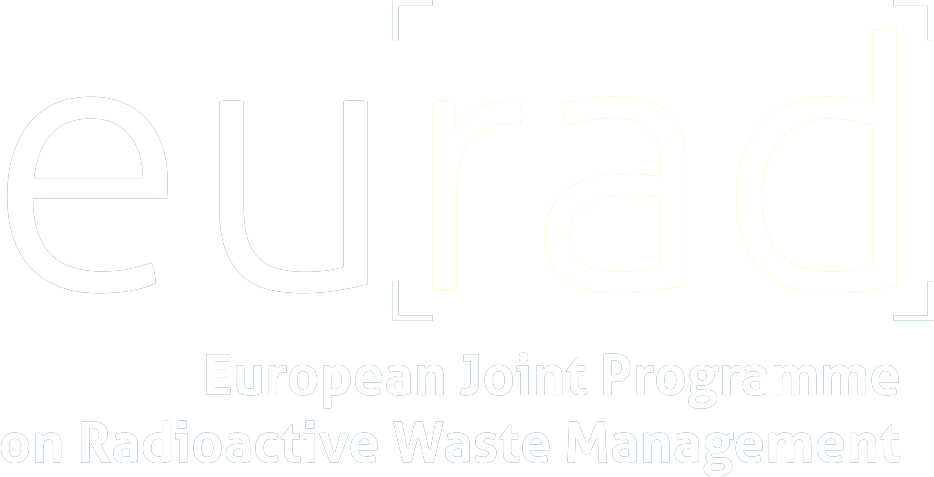The topic of the training is Geochemical and Reactive Transport Modelling for Geological Disposal. The geological disposal systems for radioactive materials consist of different engineering and natural materials following a multi-barrier principle. As the geochemical evolution is involved with physical and chemical perturbations, the safety and performance analyses of the repository are important in the aspects of (1) the durability of different materials, and (2) the speciation and mobility of radionuclides. The objective of this training is to assess the evolution via numerical models in which geochemistry is linked to transport and reactive transport codes. Three main codes were presented and introduced during the training, and the geochemical code PHREEQC was chosen as my target one. The code PHREEQC is capable of calculating aqueous speciation, mineral equilibria, multi-site cation exchange, complex surface modelling, exchange with a gas phase, solid solutions and kinetic reactions. The flow and transport modelling was implemented by coupling PHREEQC to HYDRUS HPx software which is applicable for 1D and 2D unsaturated transient-variable water flow, multicomponent transport and heat transfer with different geochemical solvers. During the training, several hands-on exercises have been implemented including (1) modelling a cementitious system with SiO2 and CaO present, (2) modelling the speciation of uranium at different pH conditions in which COUNTER and REPEAT functions were practised, (3) modelling the dissolution and precipitation of minerals with kinetics, and (4) modelling of reactive transport in 1D with a given solution infiltering a material. Through these exercises, we are able to transform specific research questions related to geochemical properties or evolution into a conceptual model. Moreover, the principles of geochemical thermodynamic and kinetic modelling and reactive transport modelling have been understood, and their application in the field of radioactive waste disposal is foreseen. Last but not the least, interesting lectures were given during the training, the topics of which include geochemical and reactive transport modelling, properties and evolution of materials in the engineered barrier system of geological disposal, geochemical properties of host matrix, sorption of radionuclides, sensitivity and uncertainty studies and surrogate learning, demonstration of state-of-the-art codes for implementing geochemical and reactive transport models.
Participation in the EURAD training course on “Geochemical and Reactive Transport Modelling for Geological Disposal”
Start date:06/02/2023
End date: 10/02/2023
Beneficiary: Yushan GU
Location: University of Bern
EURAD Work Packages involved
WP ACED


